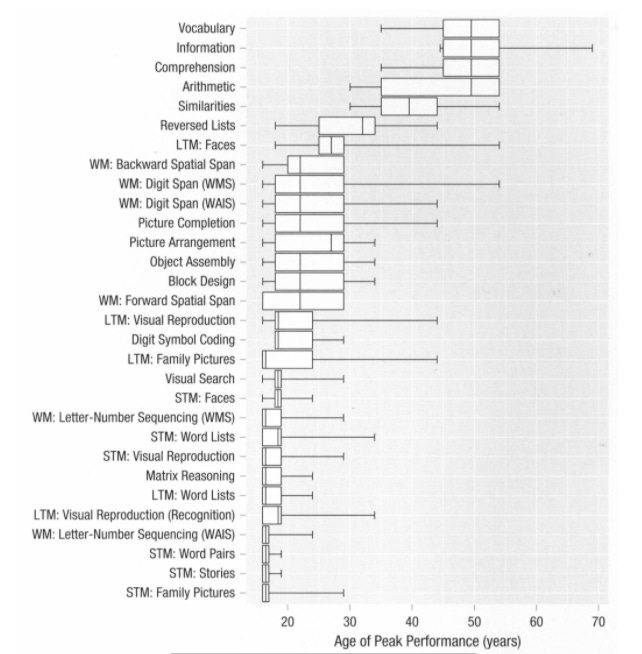Redfern Jon Barrett on the parallels between queerness and disability:
Firstly, each has the ability to make the public uncomfortable, as each causes us to question our own identities: whether the shaky and often-transitional nature of our perceived gender, or our immortal able-bodiedness. Each presents us with a deviation from the norm which a great number of people still feel uncomfortable with, and which presents this difficult truth: that the privilege one receives for cis-heterosexuality or able-bodiedness is a result of random chaotic chance.
The grammar of hyperlinks – and a grammatical spin on how they are used to support an argument:
In other languages there are features of the grammar that mark the source of information. When source of information is part of the grammar, this is known as evidentiality. I wrote my PhD thesis about evidentiality in Lamjung Yolmo. In this language, and many Tibetan languages, there are different forms of the verb ‘to be’ depending on whether you know the information you’re talking about from your own long-held experience, or because you saw or heard it happen, or because someone told you about it. Evidentiality occurs in around a quarter of the world’s languages.
Hyperlinks act as an evidential that covers a broad range of evidence that can be summed up as “I know this from evidence over at this other location”.
[not-quite-relatedly: Gwern on better citation formats for the web]
From a too-comforting-to-take-seriously article about development late in life is this graphic:
